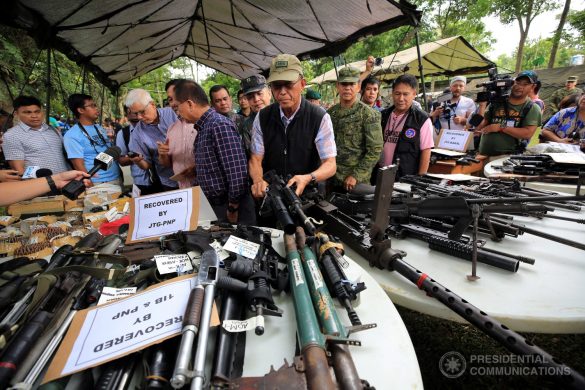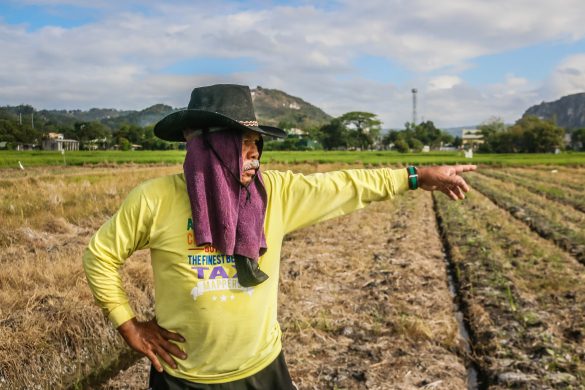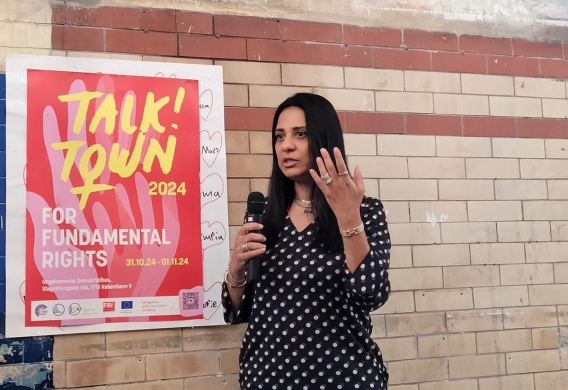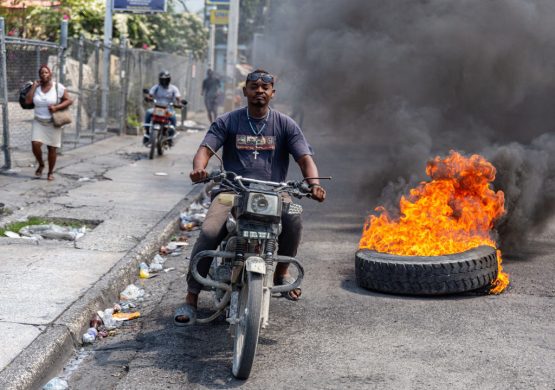NEW YORK, 18 June, 2018 (UN News): These small arms and light weapons, which end up on battlefields or urban streets and elsewhere, are a big problem for the world, according to the UN body that has organized the two-week conference, which opened in New York on Monday.
Small arms fire kills over half a million people each year, UN Chef de Cabinet Maria Luiza Ribeiro Viotti told the gathering.
She said while those pulling the trigger range from soldiers and police officers, to civilians – sometimes acting in self-defence – most are members of armed groups, terrorist organizations, criminal gangs, or national security forces who are abusing their power.
“Regulating small arms is a unique challenge,” Ms. Viotti stated, delivering a message on behalf of the UN Secretary-General.
Der findes 900 millioner håndvåben
“It is not simply a question of addressing government stockpiles. Out of some 900 million small arms in the world, three-quarters are in civilian hands – the majority unlicensed.”
The senior UN official said controlling and regulating the flow of small arms and light weapons requires action that goes beyond national security institutions.
This includes initiatives such as providing alternative livelihoods to former combatants, or working with grass-roots organizations and community violence reduction programmes.
En forudsætning for bæredygtig udvikling
Ms. Viotti added that small arms control is also a prerequisite for stability and conflict prevention, which are critical to maintaining peace and achieving sustainable development.
She pointed out that small arms and light weapons are also a factor in large-scale human rights abuses and the forced displacement of civilians.
“Only through sustainable development will we be able to build just, peaceful and inclusive societies and achieve lasting peace,” she said.
However, she said that addressing the root causes of violence and conflict was integral to reaching these goals.
The conference underway at the UN follows on from a 2001 Programme of Action by which countries committed to prevent, combat and eradicate the illicit trade in small arms and light weapons.
Nations have been meeting every six years to review progress on its implementation, with this year’s conference marking the third such gathering.
The organizers behind RevCon3, as the conference is known, point to new concerns such as the increased links between transnational organized crime, illicit small arms trafficking and terrorism; and the use of emerging technologies such as 3-D printing in the underground trafficking business.















